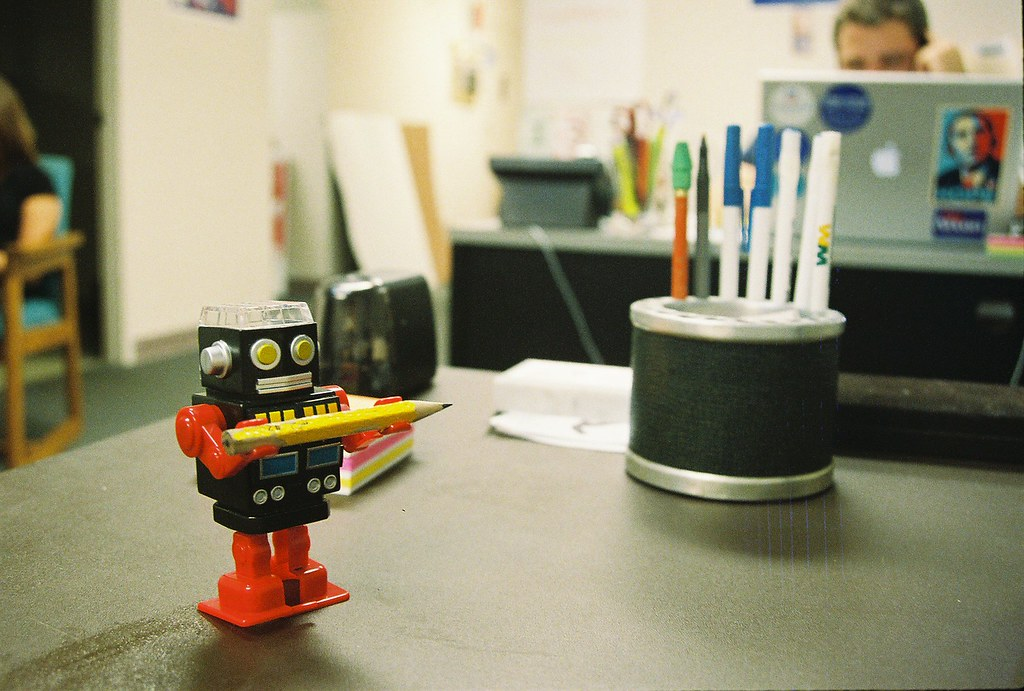In the age of A.I - Part 6: Will it take my job?
“Will AI take my job?” is one of the most Googled questions. We are now changing and adapting to the new era. Yes, AI will kill jobs, but it will also bring new jobs to the world.
Industry 4.0 has created many breakthroughs in new technologies in artificial intelligence production, robot manufacturing, internet development, nanotechnology, biotechnology, etc. Accordingly, the newly born technologies will form new professions, especially those related to the interaction between humans and machines.

For example, in Germany, it is estimated that by 2025, Industry 4.0 will create about 350,000 more jobs, increasing 5% compared to the workforce of 7 million people in 23 manufacturing industries currently participating in the study. The spread of robotics and computer technology will reduce about 610,000 assembly and manufacturing jobs and add 960,000 jobs. The IT, analytics, and R&D fields require an additional 210,000 highly skilled personnel…all of which are sources of new job opportunities.
Not only that, but Industry 4.0 will also create new professions that appear for the first time, such as forensic analysts of electronic data and carbon emissions managers, intelligent hardware engineers, operations and maintenance personnel. Industrial vision system maintainer, integrated circuit engineer, online sales consultant, online instructor, and a unique profession as a calorie nutritionist and self-care assessor.
There will always be a lot of things that only humans can do. The future of work is not human being replaced by machines. It’s humans figuring out how to do their job better with the help of machines.
There are many opinions that the technological revolution will bring fewer jobs than before. The development of automated technology will help liberate human labor, increase labor productivity, and push millions of people to face the risk of losing their jobs. Many traditional industries and trades will also disappear quickly. Example: In 1998, Kodak camera company employed 170,000 people, accounting for 85% of the world photo paper market, but recently this business has ceased to operate.

The craft fields will also disappear, replaced by the emergence of new industries and occupations that require highly skilled skills. According to the McKinsey Global Institute research, it is estimated that by 2030, between 400 and 800 million jobs worldwide will be replaced by automation technology. The birth of smart factories, in which machines play a crucial role, can operate the entire production process by themselves, gradually replacing previous production lines.
As automation replaces workers with machines, it can exacerbate the disparity between return on investment and return on labor. On the other hand, knowledge will be an essential factor of future production and give rise to an increasingly segregated job market into "low-skill/low-wage" and "high-skill/high-wage" segments, thus quickly leading to further social stratification. Our economies are based on the premise that people consume. But if fewer and fewer people have decent work, who will be doing all the consuming? Are we producing ever more cheaply only to arrive at a point where too few people can buy all our services?
There will still be a certain balance. We come to employment mobility. If the technological revolution is creating fewer jobs, in the future our children will be educated in a new way to perform more complex tasks, and we will work less than we used to.
The end of part 06.